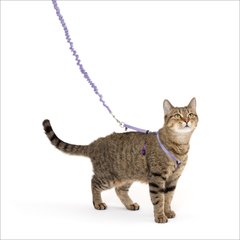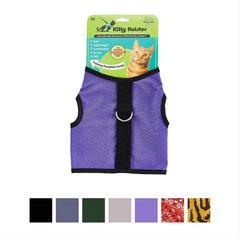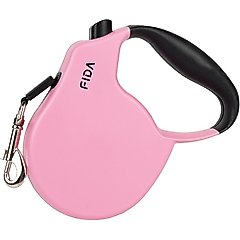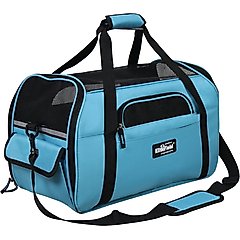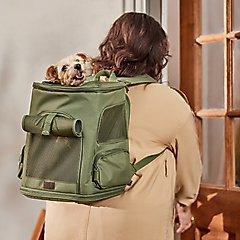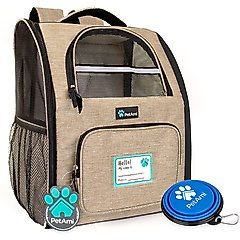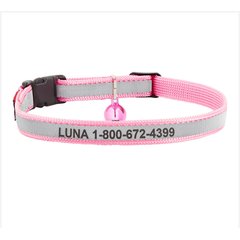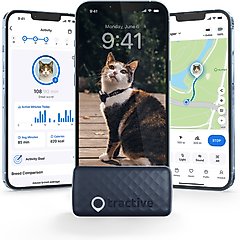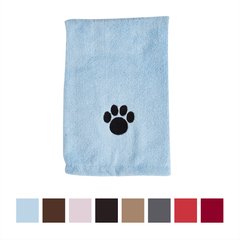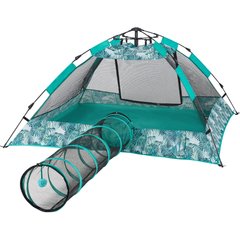Cat Tenting: What To Know About Camping With Cats
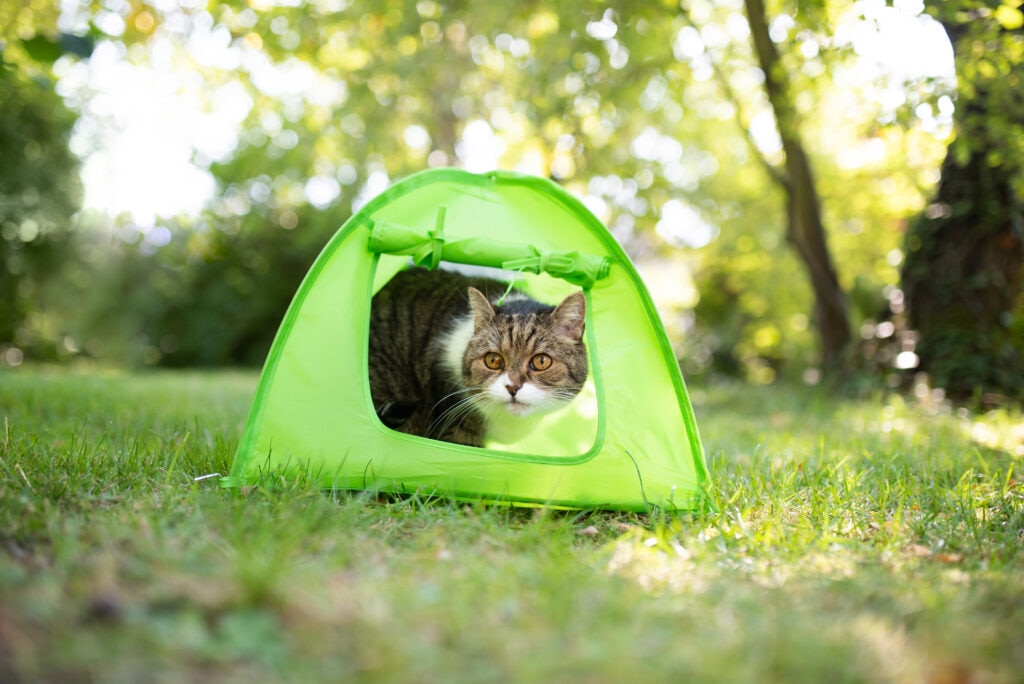
Photo by Adobe/FurryFritz
There’s nothing like a camping trip to soak up the joys of nature. But why should dogs and humans have all the fun?
These days, cats are joining the adventure, too, says Diane McNamara, legacy board member of the Gifford Cat Shelter, co-founder of Girl Camper Media, and proud cat mom to an adventure cat named Holly.
“It’s absolutely possible to camp with a cat,” McNamara says. “It just takes preparation and a commitment to creating a healthy, safe space where your cat can feel secure.”
Key Takeaways:
- Camping with your cat is possible and enriching, but only for cats with adventurous personalities who are comfortable wearing a harness.
- There are different ways to camp with cats (in an RV, tent, or cabin), each with its own set of benefits and challenges.
- Essential camping gear includes a harness and leash, a travel litter box, food and fresh water, a collar with ID tags, and a first aid kit.
- Always check the campground’s pet policy before booking your stay.
Is It a Good Idea To Take Your Cat Camping?
For the right cat, camping can be an enjoyable adventure. But it really comes down to your kitty’s personality.
“For cats who have outgoing and adventurous personalities, safely enjoying the outdoors might be great enrichment,” says Liz Stelow, DVM, DACVB, a board-certified veterinary behaviorist and chief of service at the University of California-Davis School of Veterinary Medicine.
The key is making sure your cat actually wants to go and is completely comfortable in a harness. Not all cats tolerate the feeling of a leash and harness, and some can get overwhelmed by the great outdoors—so don’t make camping your cat’s first harness or travel experience.
Recommended Product
And of course, there’s the practical side, too: packing the right gear and food, finding cat-friendly camping spots, and figuring out where the litter box fits into your setup. Plus, you’ll want to be sure your cat is up to date on vaccines and parasite control before doing anything outdoors.
RV/Cabin Camping vs. Tent Camping With a Cat
There’s more than one way to camp with your cat. If the idea of spending the night in a tent with your cat stresses you out, consider staying in a cabin or RV. You’ll have secure doors and windows, a bathroom, and space to stash a litter box.
Tent camping with a cat is doable, too, but it takes a little extra planning. Tents have limited space, fabric that may not hold up to claws, and poor ventilation during warm weather.
Still, it can be a great experience with proper preparation. Try pitching the tent (the bigger the better) in your living room or backyard before heading out. Make sure there’s enough room for all must-have supplies—including the litter box—inside.
Where Can You Camp With Cats?
No matter how you plan to camp, double-check the campground’s pet policy before you book. Not every spot is cat-friendly, and some have pretty specific rules.
Some national parks are pet-friendly, allowing cats and dogs alike. Before packing up the litter box and hitting the road, check the specific park’s pet rules at the National Park Service website or browse a map of pet-friendly national parks.
Traditional campgrounds aren’t your only option. “Platforms like RVOvernights and Harvest Hosts offer stays at farms, vineyards, and even breweries,” McNamara says. These quieter, low-key spots can be especially nice when you’re traveling with a cat because they tend to be quieter and with fewer stressors, she says.
What You Need for Camping With Cats
Here’s what you should pack when camping with cats:
- Harness and leash: Bring an extra of each just in case one gets lost or damaged.
Recommended Products
- Cat carrier: Essential for car travel.
Recommended Product
- Cat food: Follow the park’s food storage rules to avoid attracting wildlife, which will vary park-to-park and by geographic location.
- Travel litter box and litter: Unscented litter may help avoid attracting wildlife.
Recommended Product
- Cat backpack: Great for hiking with cats or giving your cat a secure ride around the campground.
Recommended Products
- Collapsible water bowl: Especially useful for hikes or outings away from camp.
Recommended Product
- Water: While campground water may be available, McNamara recommends bringing water from home. “Not every potable water tastes or smells the same,” she says.
- Collar, ID, and GPS tracker: “A breakaway reflective collar with ID tags is a must,” says Jamie Richardson, DVM, head of veterinary medicine at Small Door Vet. Add a GPS tracker like an Apple AirTag or Tractive for extra peace of mind.
Recommended Products
- Cat first aid kit: “Include gauze, non-stick pads, antiseptic wipes, tweezers, saline eye rinse, a small digital thermometer, and your vet’s contact info. A cooling pack and a small pet towel can also help in emergencies,” Richardson says.
Recommended Product
- A few favorite items from home: This might be their favorite bed, blanket, or toy for comfort.
- A pop-up mesh tent: A safe space for your cat to relax while you hang out around the campsite.
Recommended Product
- Poop bags: Toss your cat’s poop in a trash can. Don’t leave it on the ground, as pet waste can carry harmful pathogens.
Recommended Product
Safety Tips for Camping With Cats
Cats can make great adventure buddies, but outdoor fun comes with very real risks. That’s why your cat should always be securely tethered with a harness and leash, wearing an ID tag, microchipped, and, optionally, outfitted with a GPS tracker.
Here’s what else experts recommend to help keep your cat safe while camping.
Don’t Skip Vaccinations
All cats need vaccinations, whether they join you for a camping trip or not. Before you take your cat on an outdoor adventure, make sure they’re current on important vaccines, including:
- Rabies: A core vaccine recommended (and often legally required) for all cats
- FVRCP: Also known as the “feline distemper” vaccine, this core vaccine protects against feline viral rhinotracheitis, calicivirus, and panleukopenia.
- FeLV: This vaccine protects against feline leukemia virus (FeLV). While not a core vaccine, it’s recommended for kittens and cats who go outdoors.
Stay Up to Date on Parasite Prevention
Richardson recommends year-round flea, tick, and heartworm prevention for all cats, even for those who stay indoors. If your cat hunts or spends time outside, she also suggests routine deworming. “Regular vet checkups help detect parasites early,” she says.
Keep Kitty Hydrated
To help your cat stay cool, make sure they always have access to fresh water and shade. Hydrating treats such as Churus can help, too, and you can also provide a cooling mat or a portable fan to create a comfier resting spot.
Recommended Products
“Cats can overheat quickly, especially longhaired breeds or those with flat faces (brachycephalic breeds),” Richardson says. Early signs of heat exhaustion, which can progress to life-threatening heat stroke, include:
Know What To Do During an Emergency
In the case of an emergency, move your cat to a quiet, safe space and:
- If they’re bleeding, apply gentle pressure with clean gauze.
- If they’re overheating, dampen with cool water and head to the vet immediately.
- If they ate something potentially toxic to cats, try to identify the source and contact your vet or the Pet Poison Helpline at 1-855-764-7661.
Never Leave Your Cat Unsupervised
Even if you’re just stepping away to use the campground restroom, always have a plan to keep your cat secure and under close supervision. A few moments alone can be all it takes for them to slip away, eat something they shouldn’t, or have a run-in with wildlife.

